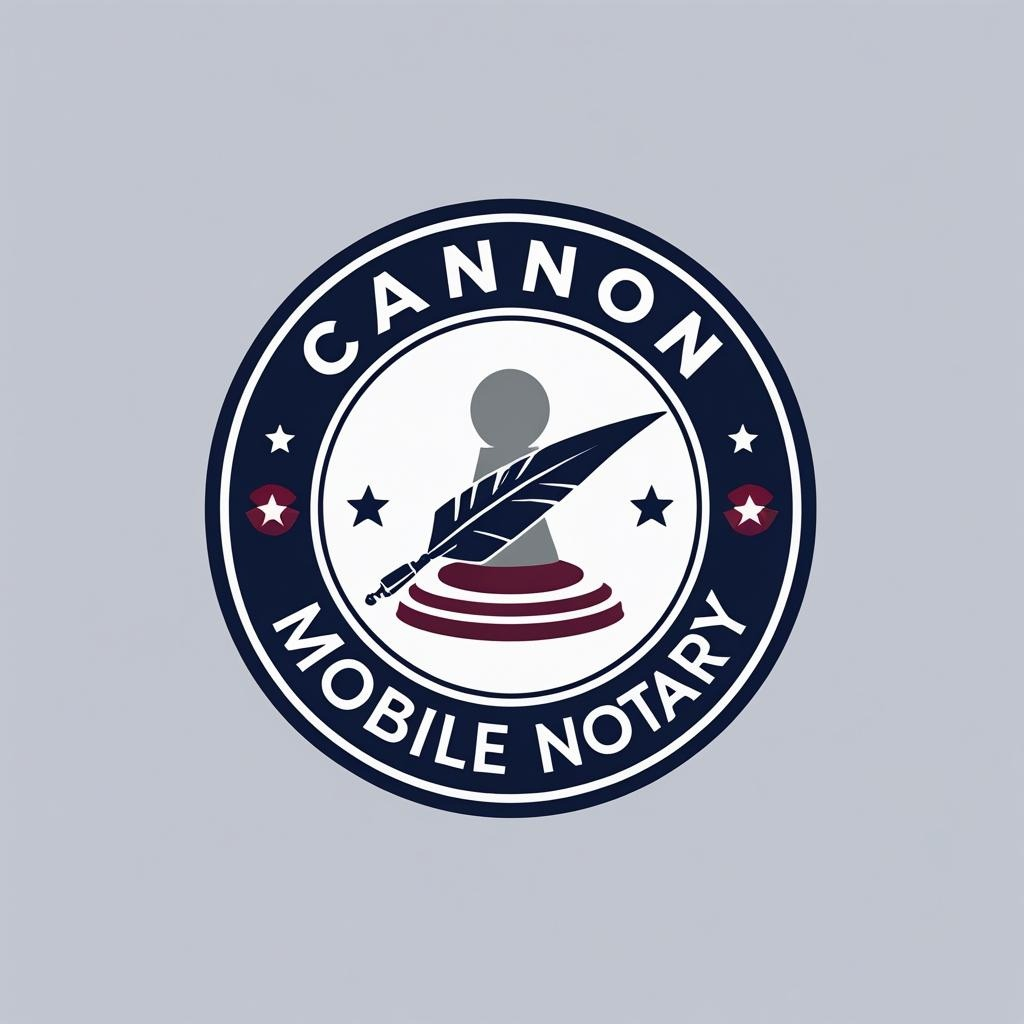How ID Requirements Work for Notarization in Florida
One of the most important steps in any notarization is verifying the signer’s identity. Florida law is very clear about what types of identification are acceptable, and notaries are legally required to follow these rules. Failure to meet ID requirements can result in a refusal to notarize, invalid documents, or even legal complications.
If you’re planning to get a document notarized in Florida, understanding ID requirements ahead of time will save you stress, time, and delays. This guide walks through exactly what you need to know about IDs for notarization in Florida.
---
1. Why ID Verification Matters
A notary’s primary role is to prevent fraud. By verifying that the person signing a document is who they say they are, notaries protect the signer, the recipient, and the integrity of the document itself.
Without proper identification, the notary cannot confirm the signer’s identity, which could make the notarization invalid and even expose the notary to legal liability.
---
2. Acceptable Forms of Identification in Florida
Florida law requires a government-issued photo ID that contains a signature. The following are accepted:
Florida driver’s license or state-issued ID card
U.S. passport or passport card
Driver’s license or state-issued ID from another U.S. state or territory
U.S. military ID
Foreign passport stamped by U.S. immigration
Important: The ID must be current and unexpired, unless the notary determines it’s valid under limited circumstances allowed by law.
---
3. Common Mistakes People Make with IDs
Even when you bring an ID, notarizations can be delayed or refused if the ID isn’t correct. Common mistakes include:
Using a Social Security card or other non-photo ID
Bringing an expired driver’s license
Using an ID with a name that doesn’t match the document
Failing to provide translation or supporting documents for foreign IDs
---
4. Foreign Passports and Out-of-State IDs
Florida notaries can accept out-of-state IDs and foreign passports, but there are important rules:
Foreign passports must be stamped by U.S. immigration.
Out-of-state IDs must be current and valid.
If the name on the document doesn’t match the ID exactly, you may need supporting documentation (e.g., a marriage certificate or legal name change document).
---
5. Special Circumstances
Certain situations require extra attention:
Minors: Florida law does not require notarization for documents signed by minors, but if they do need it, proper ID is required.
Inmates: Florida Department of Corrections ID cards are accepted.
Remote notarization: When using Remote Online Notarization (RON), digital ID verification is required, including credential analysis and identity proofing.
---
6. Tips to Ensure Your ID Meets Requirements
1. Always double-check your ID’s expiration date.
2. Bring a backup ID if possible, especially for out-of-state or foreign documents.
3. Ensure the name on the document matches your ID exactly.
4. Call your notary ahead of time to confirm which ID forms they accept, particularly if you’re using a foreign passport or special ID.
---
Final Thoughts
ID verification is not just a formality—it’s the foundation of a legal and valid notarization in Florida. Being prepared with the proper identification ensures your appointment goes smoothly, prevents unnecessary refusals, and protects everyone involved in the transaction.
---
Need a Mobile Notary in Southwest Florida?
Cannon Mobile Notary makes notarization convenient, reliable, and professional. Serving Fort Myers, Cape Coral, Naples, Estero, Bonita Springs, Port Charlotte, and Punta Gorda, I’ll come to your home, office, or favorite coffee shop—making the process simple and stress-free.
📱 Call/Text: (941) 787-9534
🌐 cannonmobilenotary.com
